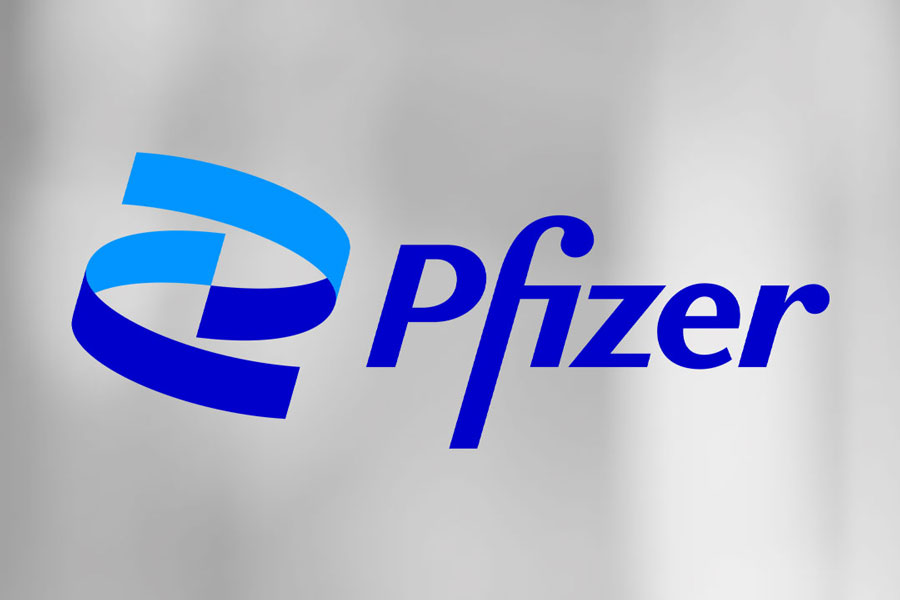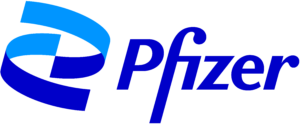
Pfizer: Can the risk of disease be predicted? Pfizer and Atostek’s research studies the potential of Kanta data for the automated identification of disease risks
Pfizer is one of the largest pharmaceutical companies in the world. They wanted to find out if it was possible to predict the risks of disease using Finnish national health record system, Kanta. Atostek studied the possibilities of secondary use of Kanta data in risk calculation.
Pfizer and Atostek studied how Finland’s Kanta data could be utilized to predict disease risks. The aim is to improve the early identification of chronic diseases and illnesses like pneumococcal disease.
“For example, early detection of chronic liver disease is crucial to halt or slow its progression. People can be guided towards healthier lifestyles, which significantly reduces the risk in itself. For high-risk individuals, additional tests can be recommended to ensure accurate diagnosis and treatment,” explains Emmi Tikkanen, Lead RWE Scientist at Pfizer.
“Additionally, we were interested in utilizing Finnish Kanta data, as it holds immense potential for research,” she adds.
Secondary use of Kanta data
In Finland, all healthcare service providers record health information in Kanta, which creates a unique RWD (Real World Data) pool covering the entire population.
Secondary use allows for the exploitation of pseudonymized social and health care data for research purposes. Atostek has years of experience in the management of social and health care data and the use of Kanta data.
Can the risk of chronic liver disease be predicted?
In the chronic liver disease study, Atostek investigated the applicability of a previously developed risk calculator to Kanta data. The study employed classification techniques and free-text analysis as research methods.
However, applying a risk model to real-world data is not straightforward. The study found that accurately calculating risk based on Kanta data would require both enhancements to the Kanta system and changes to healthcare professionals’ workflows.
“The current structured data in Kanta alone is insufficient for precise risk calculations. Structured entries in Kanta do not include measurements such as waist-to-hip ratio, smoking habits, or alcohol consumption, which are critical risk factors for many diseases,” says Juho Leppämäki, Quality Manager at Atostek.
“However, we successfully identified clear mentions of smoking and alcohol use from free-text entries using data mining techniques and were able to utilize this information,” Leppämäki adds.
Using Kanta data to identify risks for pneumococcal disease
In the study funded by Pfizer, Atostek studied whether the risk of contracting a disease caused by pneumococcus could be predicted by utilizing Kanta data. Kanta provides a comprehensive, nationwide patient database, which can be used for monitoring individual risk factors. The study analyzed the health information of 96,200 Finnish adults and identified the individual risk category for each person.
Atostek developed a risk group categorization method based on the risk group definitions of pneumococcal disease by the World Health Organization (WHO) and the Finnish Institute for Health and Welfare (THL). With these definitions, a person could be classified into one of four different risk categories. The classification was used as the research method. The results show a concrete application for the automatic analysis of a person’s health data in several use cases.
Automatic analysis of health information, for instance, brings important indications to the attention of healthcare professionals during an appointment without the professional having to go through the person’s entire treatment history and identify significant factors from the records.
Study results useful for the future
The study results are promising for future applications. The findings enable an assessment of Kanta data’s suitability as input for risk calculations and help identify challenges more effectively.
“After the chronic liver disease study, we gained clarity on the type of information available in Kanta services and what data can be utilized. We also identified alternatives for measuring waist-to-hip ratio. For example, the measurement could be added to general healthcare assessments or could be obtained directly from individuals in various ways, such as using a smartphone camera,” Tikkanen explains.
Background:
- Pfizer and Atostek’s research is a continuation of Atostek’s Jasmine research project (Joyful ApparationS of Medical INtelligencE), which aims to study the practical utilization of healthcare information from the perspective of predicting medical risks.
- Atostek’s Senior Software Developer Viljami Männikkö is working with a doctoral thesis on the research topic.
Read more about the secondary use of health data!
Pfizer is one of the world’s leading pharmaceutical companies and manufacturers of original medicines and vaccines. Researching and developing new drugs and vaccines are at the core of our business. We aim to create better health worldwide with our new pharmaceutical and vaccine innovations. – Breakthroughs that change patients’ lives.
Interested in secondary use of health data? Reach out to an expert at Atostek!

Juho Leppämäki
Secondary Use of Health Data & Medical Devices
juho.leppamaki@atostek.com
+358 45 113 8883
